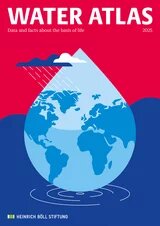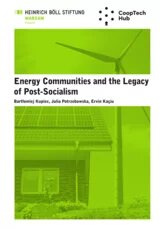Ecology
For us, ecology, sustainable development, democracy and human rights are inseparable. Twenty years ago, environmental protection, energy, sustainable development and climate change were issues that only a handful of scientists and activists or green movements in rich countries faced. Today they have become important political and economic issues and are now unfortunately the biggest problem in the national and world agendas.
The reason for this is undoubtedly insufficient concern with the problem and its reduction to a purely professional and scientific level, far from the public and politics. Energy, climate change and environmental protection are not only questions of science or personal relationship to nature, but questions of consciousness and responsibility, both of individuals and of the community. For these reasons, we try to publicly address this issue, which arises from a wrong relationship with nature, the consequences of climate change and energy sources.








